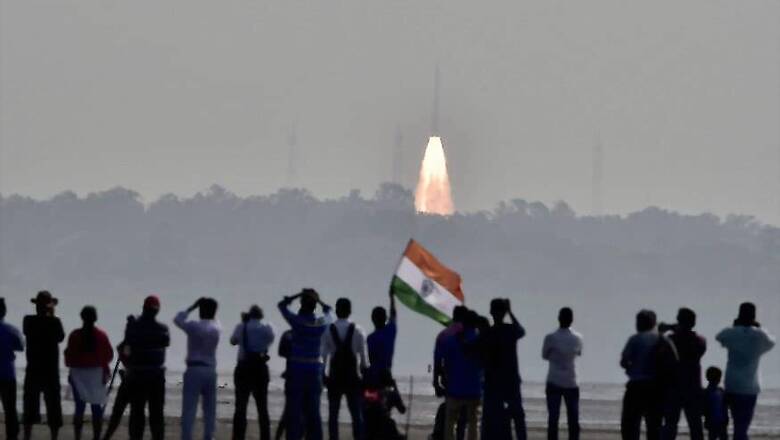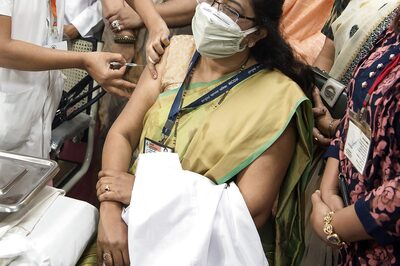
views
India is celebrating its National Technology day today to mark the historic feat of test-firing its very first nuclear-capable missile back in 1998.
The nuclear tests that took place on May 11, 1998 saw late President of India, Dr APJ Abdul Kalam leading the Indian team of scientists to successfully test-fire the Shakti-1 nuclear missile at Rajasthan’s Pokhran test range.
The Operation Shakti initiative in Pokhran then saw two more nuclear missiles being successfully tested within the next two days.
Apart from the nuclear tests being conducted, India’s first indigenous aircraft – the Hansa 3 – also took flight in the state of Bengaluru. Designed by National Aerospace Laboratory, India, the light, two-seater aircraft was aimed to serve pilot training, surveillance, aerial photography and other such purposes.Also read: Facebook Update: Low-Quality Web Pages Cut From News Feed
DRDO added to the day’s importance by successfully completing the test-fire sessions of India’s Surface-to-Air Trishul missile.
The missile was then introduced to the Indian Army and Airforce and came as a part of the Integrated Guided Missile Development Programme of India.
With all these technological advancements being completed on the same day, then Prime Minister Atal Bihari Vajpayee announced May 11 as the National technology Day.
On this occasion, a post on Prime Minister Narendra Modi’s website shows how Technology has always acted as a means to empowerment for people.
In a series of tweets, PM Narendra Modi speaks of Technology as a means to transform our potential in various sectors.
Need of the hour is to focus on application of science and technology: PM @narendramodi? PMO India (@PMOIndia) May 10, 2017
Technology has the power to transform our economic potential as well: PM @narendramodi? PMO India (@PMOIndia) May 10, 2017
Impact and influence of artificial intelligence is going to increase. Space technology is also becoming important: PM @narendramodi? PMO India (@PMOIndia) May 10, 2017
Other Technology experts in India also have a say on the occassion:
"As we usher in the age of 4th industrial revolution empowered by digital automation, it’s all the more appropriate to acknowledge the role of science and technology in overall development and improving the quality of life. Fundamental science is at the core of technology innovation and knowledge economy, and especially for a country of the size of India, has no other option but to develop an efficient national strategy for cutting edge science and technology policy." says Sanjay Kumar, President - Association Geospatial Industries, who is also the representative of all the private players to newly formed United Nations- Global Geospatial Information Management.
He further adds, "As we move forward with our national ambition of being a developed nation, ensuring a better quality of life for its citizens and sustainable environment in and around the sub-continent, India will have to strengthen its knowledge which could be relevant to local communities and further could be scaled up to entire South Asian region."
Arup Dasgupta, former Deputy Director, Space Applications Centre - ISRO says, "A disruption of the status quo through applications of technology resulting in the emergence of something new that is good for the human race is a measure of a country’s Technology Quotient. In India, technology applications have been a great disruptor but we lag behind in creation of such technologies and remain happy to use what others have developed. Maybe it is time we looked at our education system that seeks to impart knowledge but does not encourage students to think for themselves."Also read: Microsoft Build 2017: CEO Satya Nadella Paves The Way For Intelligent Cloud




















Comments
0 comment